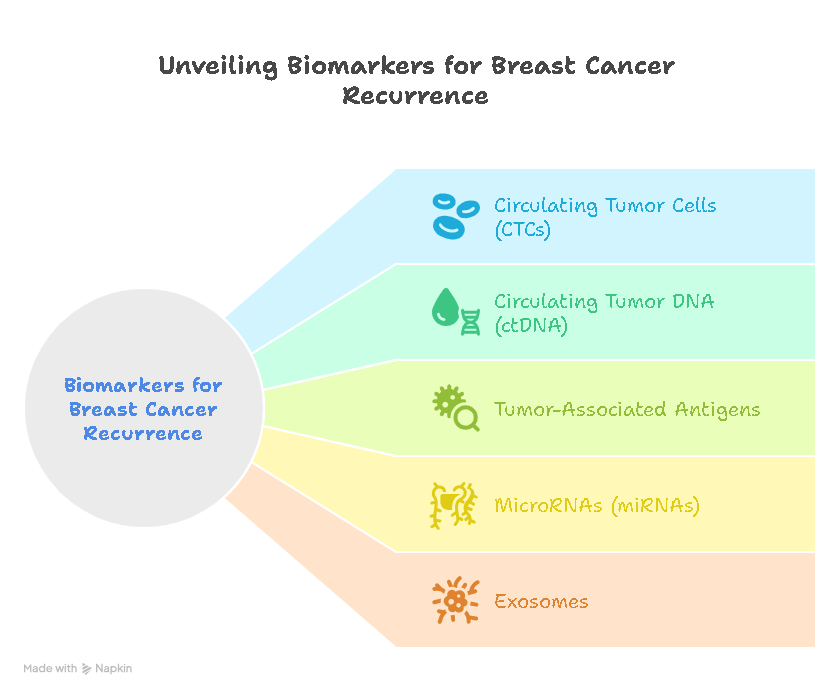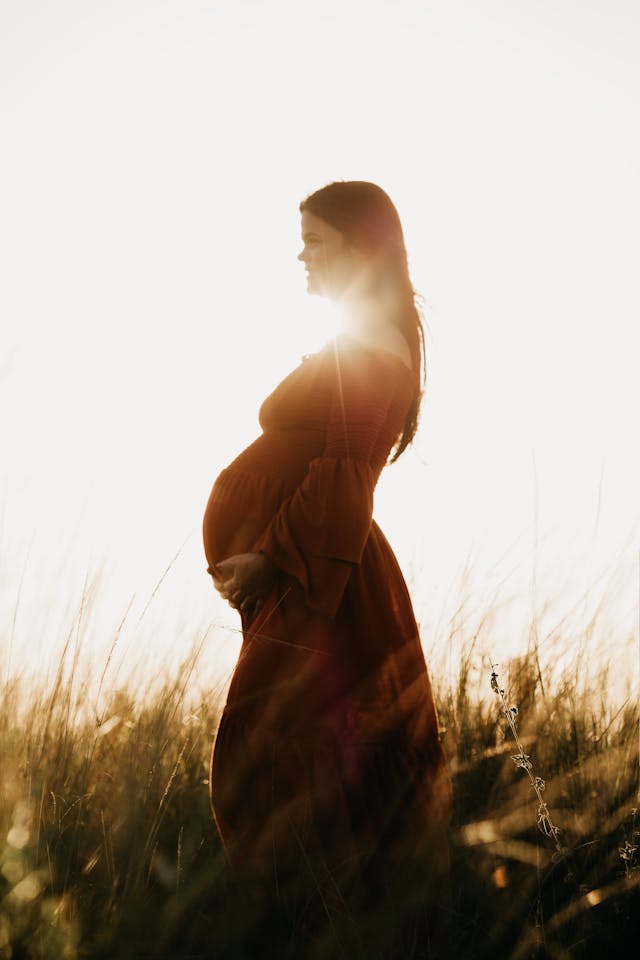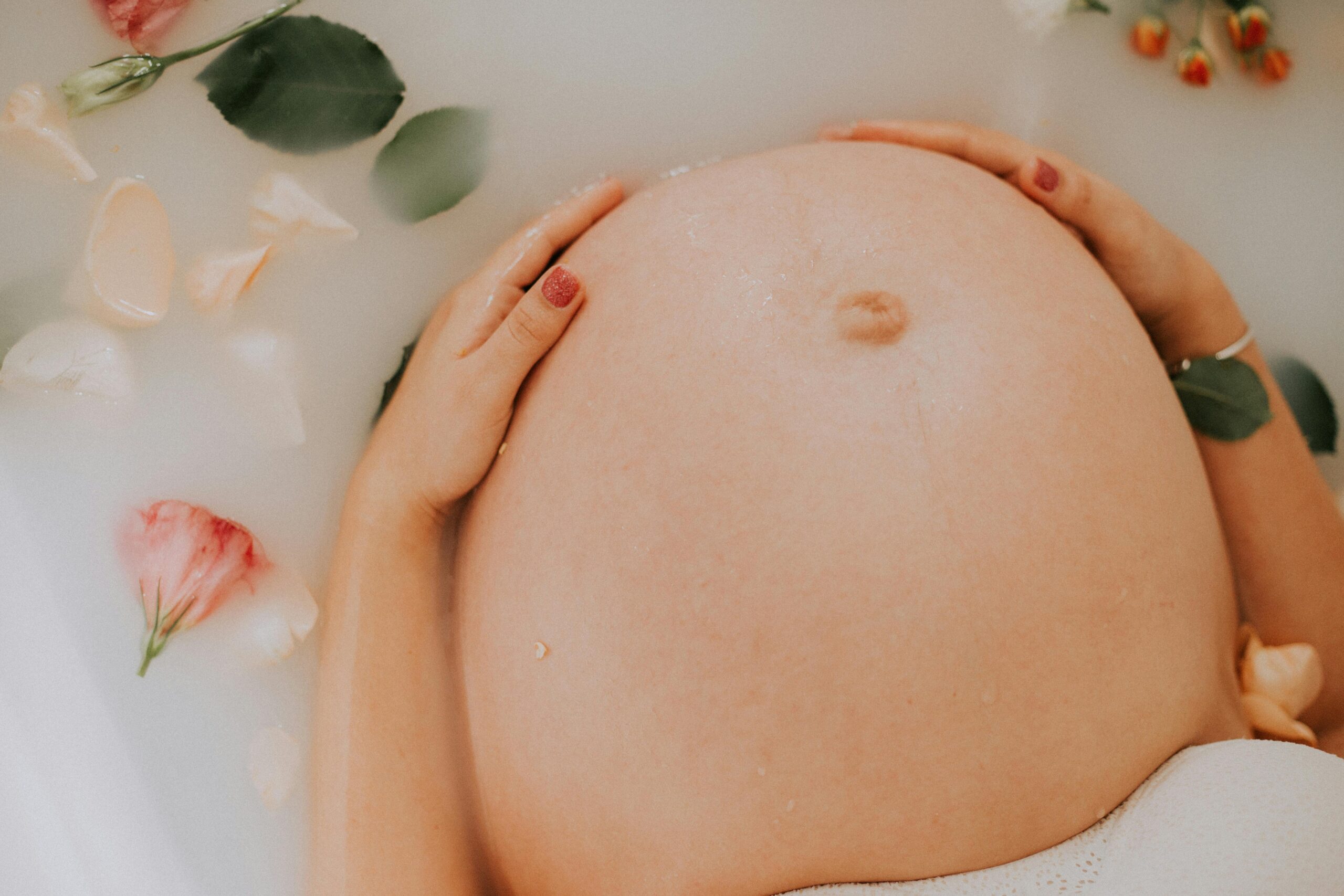
By all means, take good fats in moderate amounts but, as much as possible, avoid solid, saturated and trans fats (hydrogenated fats). Solid fats are basically saturated and trans fats that solidify at room or low temperature. These fats are notorious for raising cholesterol levels, later putting you at high risk for heart disease and diabetes and disturb Healthy Pregnancy
These fats can also put your baby at risk of metabolic defects and developing obesity later as a child, according to studies. When it comes to your baby’s health, you may want to think long-term as well. Here’s a list of fats you should avoid while pregnant:
- Lard (pork fat)
- Beef fat
- Chicken fat
- Margarine
- Butter
- Cream cheese and some types of cheese (feta, brie, camembert, blue cheese, panela unless the label says ‘pasteurized’)
- Palm or kernel oil
- Heavy cream and sour cream
- Coconut oil
- Some of these bad fats are also hiding in many desserts and other dairy products. Unless you are sure that these foods do not contain saturated fats or are cooked in healthy oils, cut back on the following foods:
- Sausages and hot dogs
- French fries
- Fried chicken
- Ice cream
- Pizza
- Cookies
- Donuts
- Pastries and other baked goods
- Seafood high in mercury
- If you think that seafood is harmless, think again. Some seafood types are on the list of what foods to avoid while pregnant due to their high mercury content. It is true that shellfish and fish provide good amounts of omega-3 fatty acids, iron, protein and zinc. But a select few are high in mercury. Mercury is relatively harmless for most adults, but not for pregnant individuals. Regularly eating large servings of seafood high in mercury can damage your baby’s nervous system and brain development. Here’s a list of seafood you should steer clear of:
- Tilefish
- King mackerel
- Bigeye tuna
- Marlin shark
- Swordfish
- Other predatory fish
- Consuming more than 12oz of fish and shellfish a week
- Raw, processed and undercooked meats
- The pregnant individual’s body is more susceptible to infections and illnesses caused by various types of bacteria and parasites. These could harm your baby’s well-being eventually even if you develop a simple fever. Bacteria and parasites can come from untidy places and the foods that you eat, such as raw, processed and undercooked meats. Put these on top of your what-not-to-eat-during-pregnancy list!
- Toxoplasmosis, for example, is an infection caused by Toxoplasma parasite and can be found in raw or undercooked meats. It is usually harmless in non-pregnant people. In pregnant individuals, it can cause stillbirth, miscarriage or organ damage to your baby. As much as possible, stay away from raw meat, or make sure to wash and cook thoroughly before consumption to have a Healthy Pregnancy
- Certain beverages
- If there is a list of what not to eat during pregnancy, there’s also a list of what not to drink. Your nutritionist will recommend drinking lots of water while cutting back, if not eliminating, the following:
- Alcohol
- Drinking alcohol during pregnancy should be completely avoided, as it can cause miscarriage and stillbirth, as well as mental, physical and behavioral disabilities. These disabilities are collectively known as FASDs or fetal alcohol spectrum disorders.
- The alcohol in your bloodstream can be passed on to your child through the umbilical cord or during breastfeeding. Some people may tell you an occasional glass would be fine, but your prenatal nutritionist will strongly advise you against it, as it is always better to be safe than sorry.
- Caffeine
- Some claim that coffee is harmless for pregnant women, while others say it’s bad for your pregnancy. On the contrary, your nutritionist will tell you that a moderate amount of coffee per day is safe. Doctors recommend you limit your intake to one cup a day if you can’t completely avoid it.
- Herbal teas also have high levels of caffeine. They may be healthy in general, but not recommended for pregnant individuals. Too much caffeine can cause miscarriage and low birth weight, as well as the possibility of your baby suffering from health problems later in their childhood.
- Unpasteurized milk and fruit juices
- The word ‘unpasteurized’ alone should serve as a red flag when consuming milk or fruit juices. Always check the label when buying these products. Freshly squeezed juices are usually unpasteurized. Stay away from them as much as you do from unpasteurized dairy products.
- These products can contain various types of bacteria, including listeria, salmonella and E. coli. These can endanger your and your baby’s health. If eating out, carefully check the menu and don’t be ashamed to ask if you aren’t sure.
- Energy drinks
- Energy drinks also contain high levels of caffeine and other ingredients that may be harmful to your baby. These drinks are considered food supplements and are not regulated by the FDA, so they may contain ingredients that are not indicated on the label.
- Most energy drinks contain ginseng, which is not recommended during pregnancy. Because of the caffeine contents and other stimulants, your baby could suffer from tissue injury, high oxidative stress and anxiety later in life.
- Better Safe than Sorry: Know Exactly What Not to Eat During Pregnancy with the Help of a Certified Prenatal Nutritionist
- When pregnant, be careful and find out exactly what not to eat during pregnancy. If there is anyone who can tell you accurately what foods to avoid while pregnant, it’s a certified prenatal nutritionist and dietitian. Ensure the safe delivery of your baby with the help of a professional. This will also guarantee your baby’s long-term well-being. If you do go through your pregnancy eating the right way for you, you can be confident that your newborn will be safe from diet-related complications and enjoy their childhood in good health.
- Relying on hearsay and the internet is not the best approach. It is true that there are websites that offer legitimate advice, but each pregnancy is different. The foods that you eat should match your current health status, age, symptoms and lifestyle.











Leave a Reply